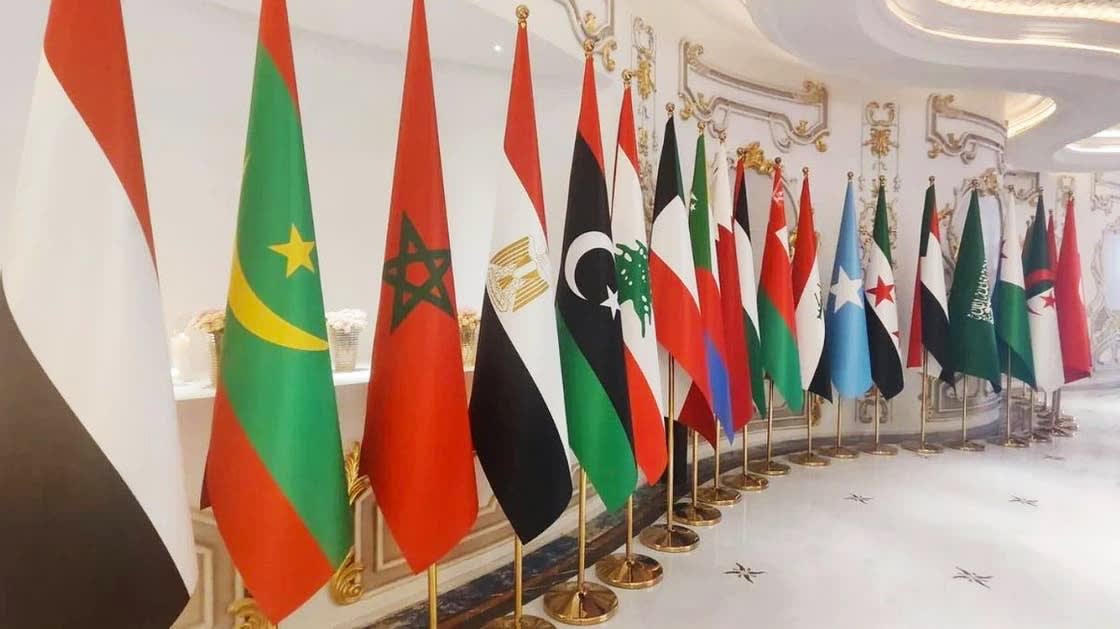Baghdad is hosting today, Saturday, May 17, 2025, the 34th Arab Summit amidst tense conditions in the region, with the humanitarian crisis in Gaza worsening due to ongoing Israeli airstrikes on the enclave, while the United States continues its nuclear negotiations with Iran, which have significant implications on the regional scene.
The summit comes at a sensitive time following a Gulf tour by US President Donald Trump, who expressed his desire to "own" Gaza.
The streets of the Iraqi capital have been adorned with the flags of the 22 Arab countries, reflecting a relative improvement in the security situation in Iraq after decades of wars and conflicts.
The summit witnesses the participation of top Arab leaders, including Palestinian President Mahmoud Abbas who has arrived in Baghdad, while most Gulf countries are represented at the ministerial level.
Among the prominent guests, the Secretary-General of the United Nations, António Guterres, and the Spanish Prime Minister Pedro Sánchez, whose country is one of the prominent European countries critical of Israel and supported the recognition of the Palestinian state last year, will attend.
In his statements, Iraqi Prime Minister Mohammed Shia' Al-Sudani said that Iraq is not only rebuilding itself but also contributing to reshaping the Middle East through a balanced foreign policy and developmental initiatives.
This summit comes more than a decade after Baghdad hosted the Arab Summit in 2012, when the country was going through difficult security conditions in Iraq and Syria.
The summit addresses the Palestinian issue at the top of the agenda, supporting the decisions of the Cairo Summit in March last year, which included a plan to rebuild Gaza and the return of the Palestinian Authority to the sector.
Meanwhile, on May 5th, Israel announced plans to internally displace Gaza residents, a plan that faced widespread criticism.
In this context, Trump expressed his desire to "own" Gaza, sparking significant political controversy.
The summit also discusses the challenges facing the new Syrian authorities in their efforts to consolidate their rule, especially amidst tense relations with foreign powers after the lifting of US sanctions on Damascus.
Additionally, the Iranian nuclear file will be on the negotiation table at a time when Iraq seeks to enhance its strategic relations with Tehran.

